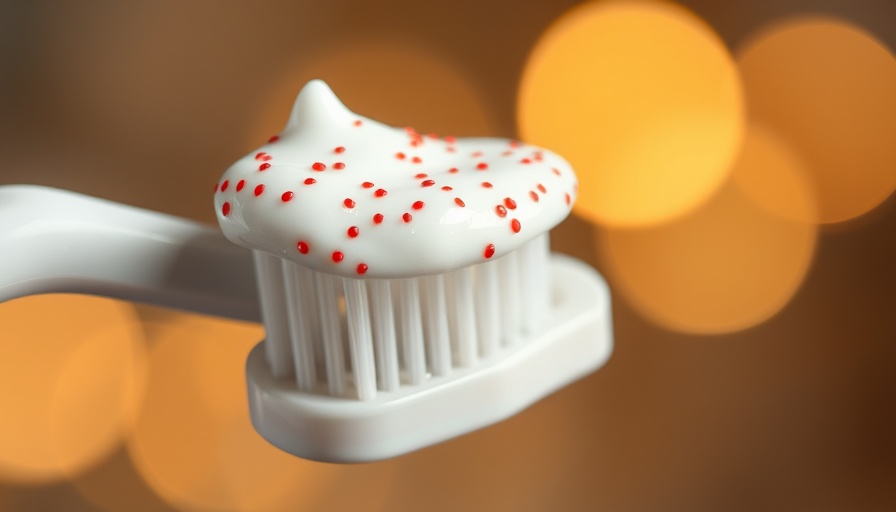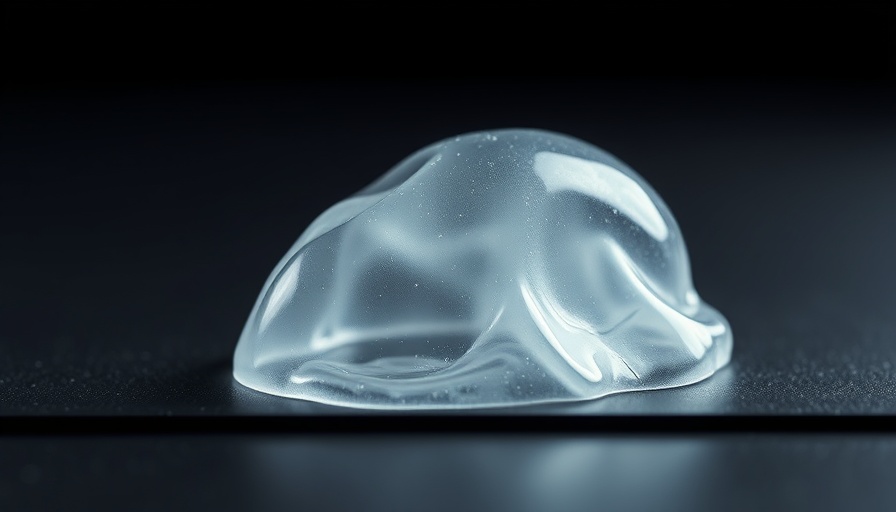
Understanding the Rise in Teeth Grinding
Teeth grinding, or bruxism, is gaining attention as recent data indicates a troubling trend: over 70% of dentists report increased incidences of this condition among patients. Factors such as stress have been identified as primary contributors, especially in a world that has become increasingly demanding due to various changes in lifestyle and societal pressures. This phenomenon has profound implications for both dental health and overall well-being.
In 'more teeth grinding lately? #shorts', the discussion dives into the rising trend of bruxism, prompting us to analyze its implications on health and well-being.
The Connection Between Stress and Bruxism
As individuals face heightened levels of stress from work, relationships, and global events, the body reacts in various ways, a notable one being bruxism. Stress management becomes critical to combating this condition. Techniques such as mindfulness meditation, deep breathing exercises, and regular physical activity are valuable in mitigating stress levels. In order for individuals to take proactive steps, understanding how stress manifests physically through teeth grinding is essential.
Nighttime vs. Daytime Bruxism
Bruxism can be categorized into two types: nighttime and daytime grinding. Nighttime bruxism typically goes unnoticed because it occurs during sleep, making it more challenging to manage. Conversely, daytime bruxism is often more observable. Individuals may catch themselves grinding their teeth while concentrating or feeling anxious, similar to how one might adjust their slouching posture. Recognizing these patterns can encourage individuals to address the underlying stressors contributing to the grinding.
Contributing Medical Factors
While stress is a significant factor, other medical issues also contribute to bruxism. Sleep disorders, including sleep apnea, have been linked to teeth grinding. Misalignments in dental structure, whether through crooked teeth or gaps resulting from tooth loss, can exacerbate the issue. Consulting with healthcare professionals, including dentists and orthodontists, is essential to evaluating dental health and potential treatment options. Protective gear such as night guards offers a solution, but it is important to note that they do not address the root causes of bruxism.
The Importance of Regular Dental Checkups
Regular visits to the dentist play a crucial role in early detection and management of bruxism. Dentists can identify damage or wear on teeth, which often signifies grinding. Individuals are encouraged to view their dental appointments not only as occasions for cleaning but as vital assessments of their overall oral health. These checkups are essential for evaluating any signs of bruxism or related complications.
Actions You Can Take Today
For those experiencing bruxism or concerned about the effects of teeth grinding, there are practical steps to minimize damage and seek resolution. First, managing stress is paramount. Incorporating relaxation techniques can significantly lower instances of grinding. Additionally, if sleep disorders such as sleep apnea are suspected, consulting a healthcare provider can lead to effective treatment options. Lastly, exploring orthodontic evaluations can address any misalignments contributing to the condition.
As we navigate increased stress in our lives, it is crucial to remain vigilant about our health. The rise in teeth grinding is a call to action for everyone to reassess their stress management techniques and dental care practices. Addressing these factors can save you from further complications down the line.
 Add Row
Add Row  Add
Add 




Write A Comment